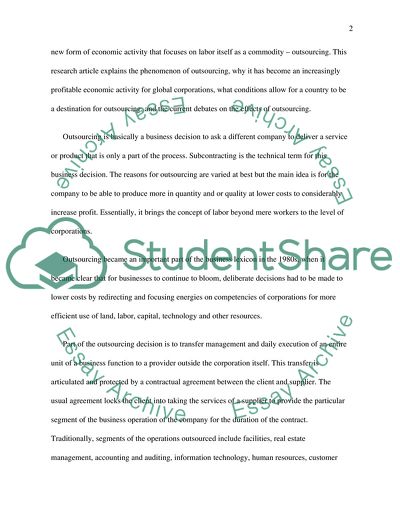Cite this document
(Outsourcing Jobs to Foreign Countries Case Study, n.d.)
Outsourcing Jobs to Foreign Countries Case Study. https://studentshare.org/macro-microeconomics/1724938-buisness-communication-outsourcing-jobs-to-foreign-countries
Outsourcing Jobs to Foreign Countries Case Study. https://studentshare.org/macro-microeconomics/1724938-buisness-communication-outsourcing-jobs-to-foreign-countries
(Outsourcing Jobs to Foreign Countries Case Study)
Outsourcing Jobs to Foreign Countries Case Study. https://studentshare.org/macro-microeconomics/1724938-buisness-communication-outsourcing-jobs-to-foreign-countries.
Outsourcing Jobs to Foreign Countries Case Study. https://studentshare.org/macro-microeconomics/1724938-buisness-communication-outsourcing-jobs-to-foreign-countries.
“Outsourcing Jobs to Foreign Countries Case Study”. https://studentshare.org/macro-microeconomics/1724938-buisness-communication-outsourcing-jobs-to-foreign-countries.


